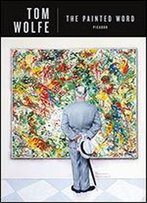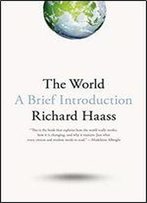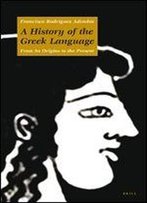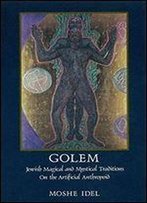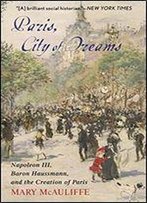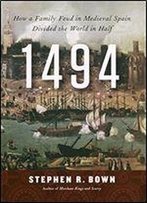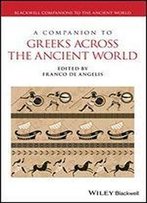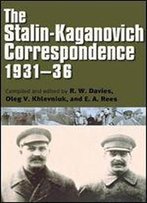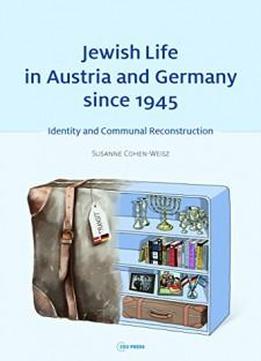
Jewish Life In Austria An Germany Since 1945: Identity And Communal Reconstruction
by Susanne Cohen-Weisz /
2016 / English / PDF
6 MB Download
Based on published primary and secondary materials and oral
interviews with some eighty communal and organizational leaders,
experts and scholars, this book provides a comparative account of
the reconstruction of Jewish communal life in both Germany and in
Austria (where 98% live in the capital, Vienna) after 1945. The
author explains the process of reconstruction over the next six
decades, and its results in each country.
Based on published primary and secondary materials and oral
interviews with some eighty communal and organizational leaders,
experts and scholars, this book provides a comparative account of
the reconstruction of Jewish communal life in both Germany and in
Austria (where 98% live in the capital, Vienna) after 1945. The
author explains the process of reconstruction over the next six
decades, and its results in each country.The monograph focuses on the variety of prevailing perceptions
about topics such as: the state of Israel, one s relationship to
the country of residence, the Jewish religion, the aftermath of the
Holocaust, and the influx of post-soviet immigrants. Cohen-Weisz
examines the changes in Jewish group identity and its impact on the
development of communities. The study analyzes the similarities and
differences in regard to the political, social, institutional and
identity developments within the two countries, and their changing
attitudes and relationships with surrounding societies. The study
seeks to show the evolution of these two country s Jewish
communities in diverse national political circumstances and varying
post-war governmental policies.
The monograph focuses on the variety of prevailing perceptions
about topics such as: the state of Israel, one s relationship to
the country of residence, the Jewish religion, the aftermath of the
Holocaust, and the influx of post-soviet immigrants. Cohen-Weisz
examines the changes in Jewish group identity and its impact on the
development of communities. The study analyzes the similarities and
differences in regard to the political, social, institutional and
identity developments within the two countries, and their changing
attitudes and relationships with surrounding societies. The study
seeks to show the evolution of these two country s Jewish
communities in diverse national political circumstances and varying
post-war governmental policies.
